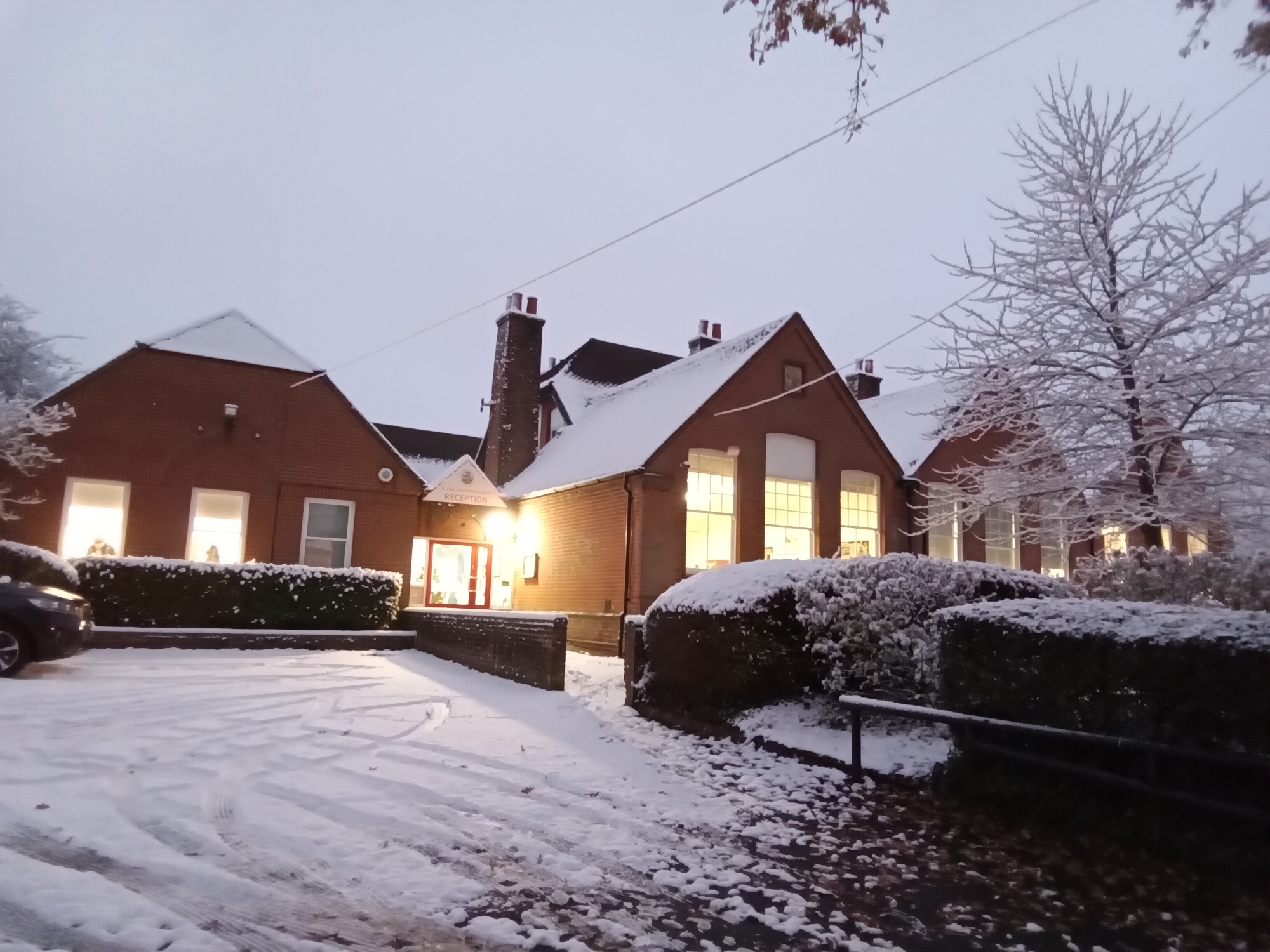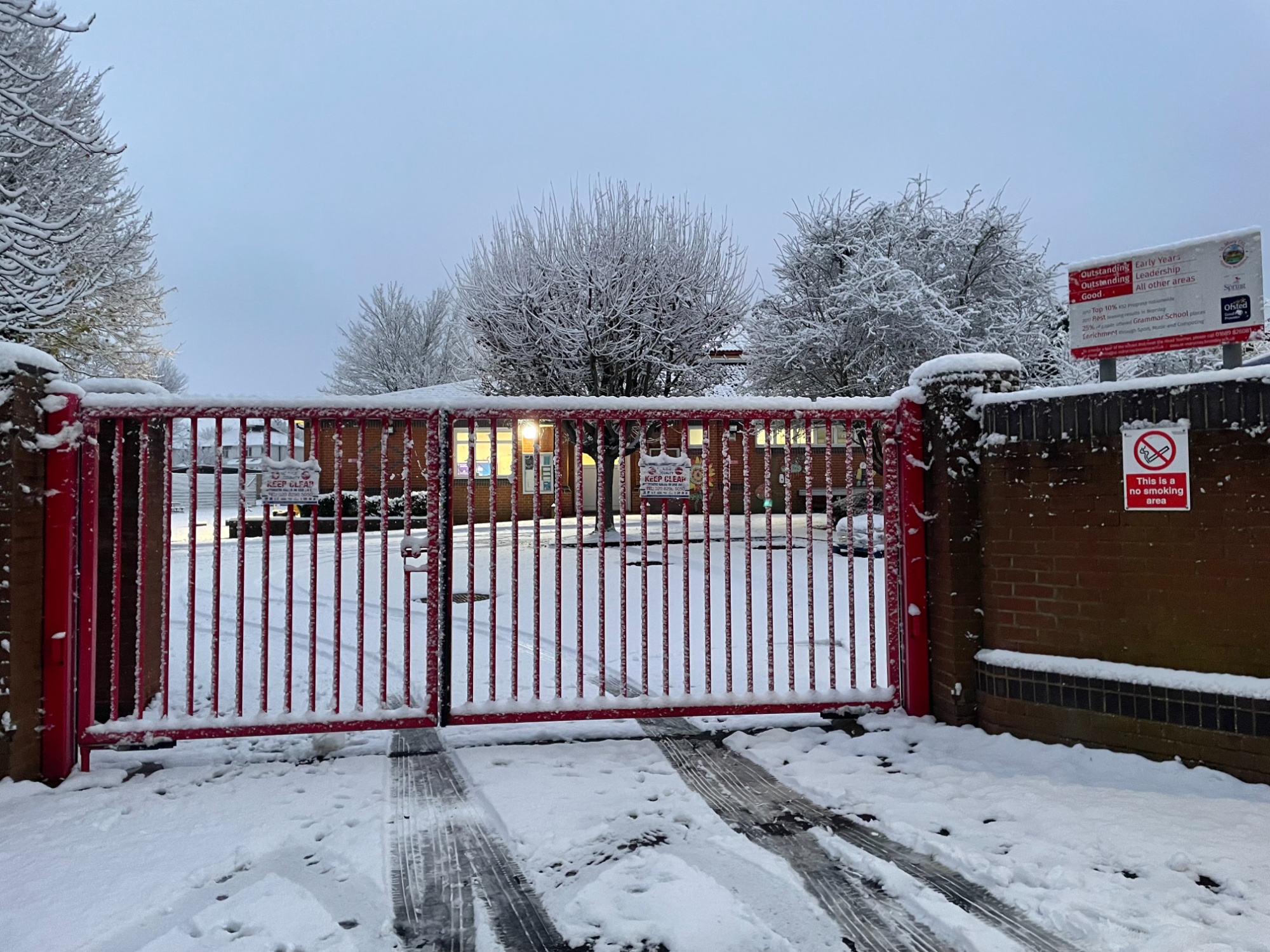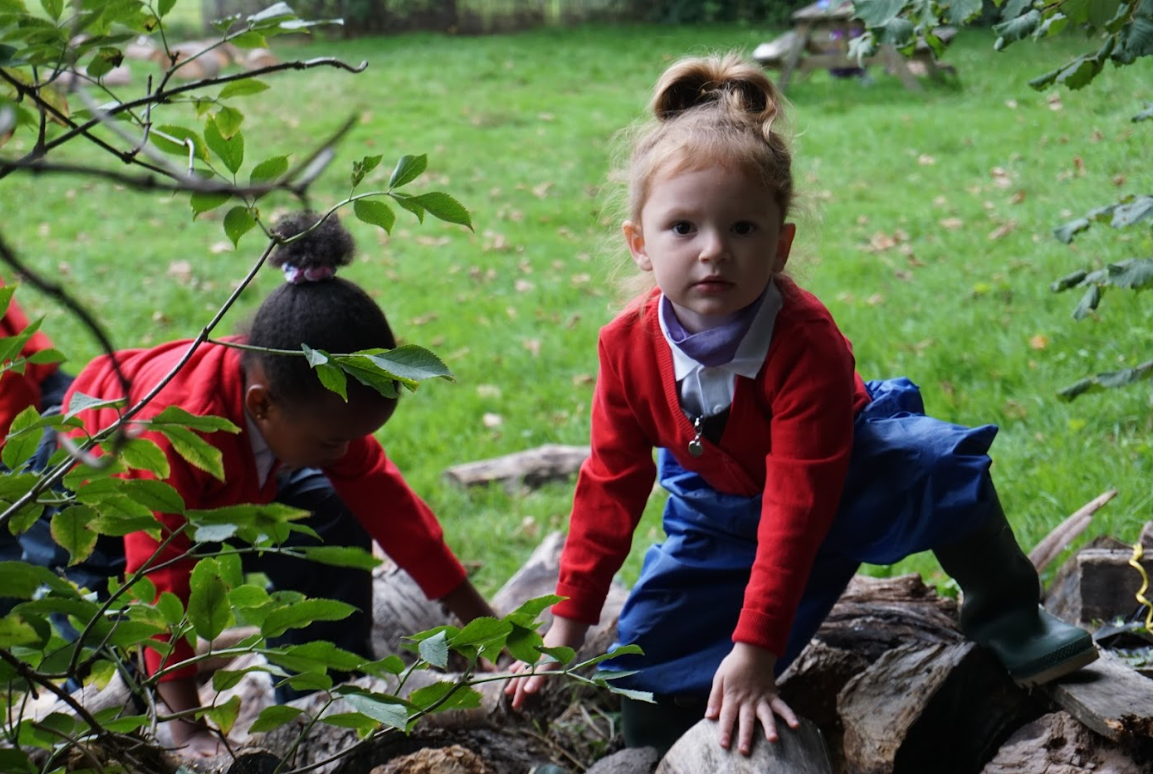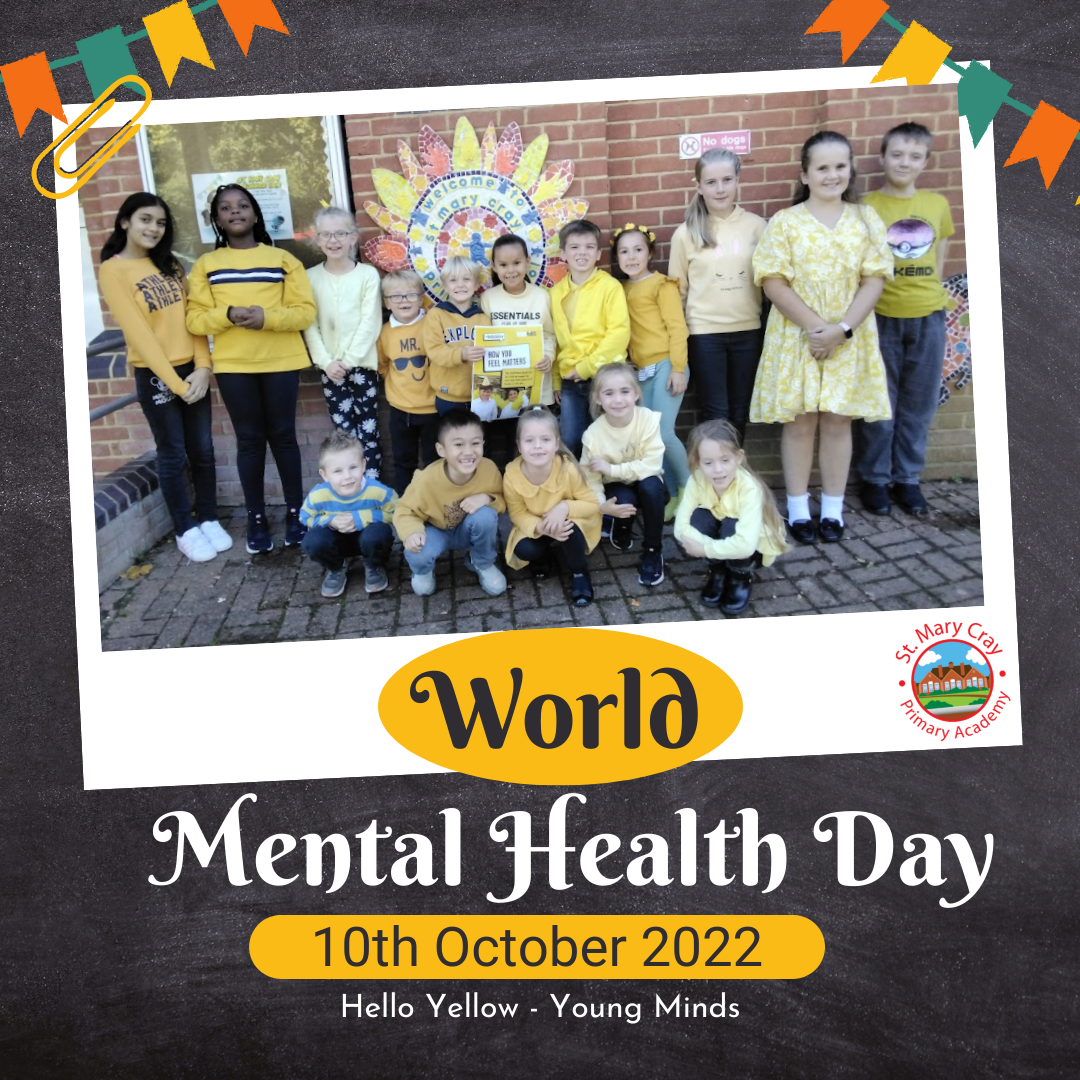RE
Statement of intent
In all schools across the Spring Trust the R.E. curriculum is designed to: recognise children’s prior learning, provide first hand learning experiences, allow the children to develop interpersonal skills, build resilience and over time become creative, critical thinkers who are respectful of a diverse range of views and choices that others might make. The curriculum is planned to allow for careful progression of learning and skills, making links with previous learning including cross-curricular approaches and making meaningful connections to the modern day society in which we live.
Religious education encourages pupils to develop their sense of identity and belonging. It enables them to flourish individually within their communities and as British citizens in a pluralistic society and global community. Religious education has an important role in preparing pupils for adult life, employment and lifelong learning. It enables pupils to develop respect for and sensitivity to others, in particular those whose faiths and beliefs are different from their own. It promotes discernment and enables pupils to combat prejudice so we can all live in a world where there are strong virtues of respect and empathy for others whilst learning from different religions, beliefs, values and traditions.
Overview - Discovery RE (part of the Jigsaw scheme)
Discovery RE focuses on critical thinking skills, on personal reflection into the child’s own thoughts and feelings, on growing subject knowledge and nurturing spiritual development. Each half term begins with a 'key question' about one of the six major world religions. This then follows a four step progressive lesson plan throughout the term, which makes RE both relevant to today and explorative to questions the children may have around this key question.
The four steps in a unit of learning:
Step One: Engagement
The human experience underpinning the key question is explored here within the children’s
own experience, whether that includes religion or not.
Step Two: Investigation
The class teacher guides the children through the key question and children gain subject knowledge (the factual base about the religion), carefully selected to assist their thinking.
Step Three: Evaluation
This lesson draws together the children’s learning and their conclusions about the key
question. This is an assessment task, set by the class teacher.
Step four: Expression
Children are encourage to reflect on their own experience and how the learning from the unit might have influenced their own starting point/beliefs.
Although the teaching of RE is compulsory, The Education Act allows parents with other faiths the right to withdraw their children from RE lessons and from assemblies. Parents are asked to contact the Headteacher in this regard and appropriate arrangements will be made to support the circumstances of each request.
Attached below is an overview of what key questions children learn in each year group. If you have any questions about the content covered, please do not hesitate to contact your child's class teacher.






